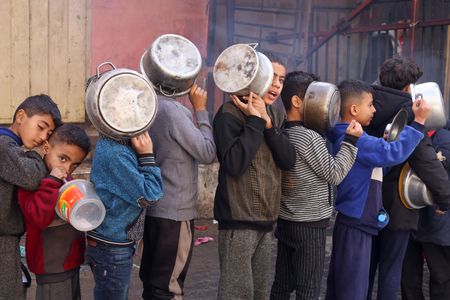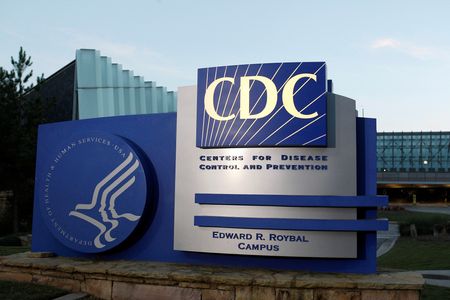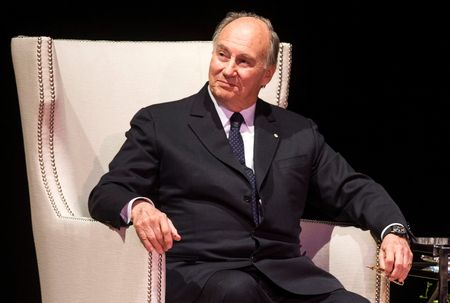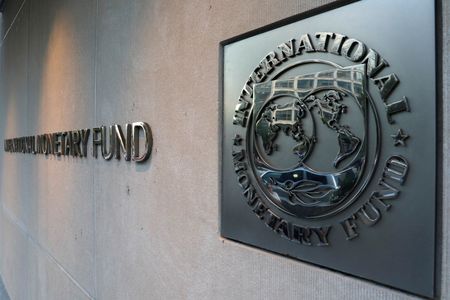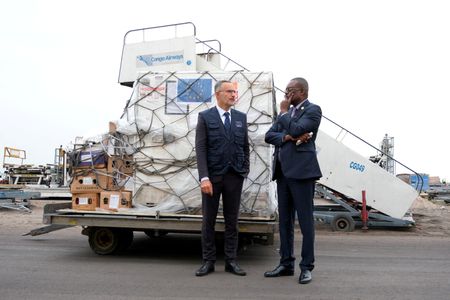By Stephanie van den Berg
THE HAGUE – U.S. President Donald Trump will sign an executive order on Thursday to sanction the International Criminal Court for targeting the United States and its allies, such as Israel, according to a White House official.
The order will make it possible to place financial and visa sanctions on individuals and their family members who assist in ICC investigations of U.S. citizens or U.S. allies.
The move is a protest against the court’s arrest warrant for Israeli Prime Minister Benjamin Netanyahu and comes as the Israeli leader is visiting Washington.
Here are some facts about the ICC:
WHEN WAS THE ICC SET UP AND WHY?
The court was established in 2002 to prosecute war crimes, crimes against humanity, genocide and the crime of aggression when member states are unwilling or unable to do so themselves. It can prosecute crimes committed by nationals of member states or on the territory of member states by other actors. It has 125 member states. The court’s budget for 2025 is about 195 million euros ($202 million).
WHAT IS THE ICC INVESTIGATING?
The ICC is conducting investigations from the Palestinian territories to Ukraine and African states such as Uganda, Democratic Republic of Congo and Kenya to Venezuela in Latin America and Myanmar and the Philippines in Asia, according to its website. It says there have been 32 cases before the court, with some cases having more than one suspect. ICC judges have issued at least 60 arrest warrants.
HOW MANY PEOPLE HAS THE COURT CONVICTED?
ICC judges have issued 11 convictions and four acquittals. Twenty-one people have been held in the ICC detention centre in The Hague and have appeared before the court, and 31 people remain at large. Charges have been dropped against seven people due to their deaths.
Of the 11 convictions, only six have been for the court’s core crimes of war crimes and crimes against humanity. The others were for crimes such as witness tampering. The six convicted men were all African militia leaders from Democratic Republic of Congo, Mali and Uganda.
Terms ranged from nine to 30 years in prison. The maximum possible term is life imprisonment.
WHO IS ON THE COURT’S ARREST WARRANT LIST?
The ICC has issued an arrest warrant for Netanyahu, who is accused of being criminally responsible for acts including murder, persecution and using starvation as a weapon of war in the Gaza conflict.
It also issued a warrant for Netanyahu’s former defence chief Yoav Gallant and for Hamas leader Ibrahim al-Masri, also known as Mohammed Deif. The warrant for Masri lists charges of killing, rape and hostage-taking during the Oct. 7, 2023, attacks in Israel that triggered the Gaza war.
The Israeli leader dismissed the decision as anti-Semitic and said the accusations were absurd and false.
Also on the list is Russian President Vladimir Putin, accused of the war crime of illegally deporting hundreds of children from Ukraine. In March 2023, after the court issued the warrant, the Kremlin said the move was meaningless. Moscow has repeatedly denied accusations that its forces have committed atrocities during its invasion of Ukraine.
In recent months the ICC prosecutor has also requested arrest warrants for senior Afghan and Myanmar leaders, but those have not been officially approved by judges.
WHICH COUNTRIES ARE NOT MEMBERS OF THE ICC?
Although the court is supported by many United Nations members and the European Union, other countries such as the United States, China and Russia are not members, arguing the ICC could be used for politically motivated prosecutions.
Myanmar is not a member of the court, but in 2018 and 2019 judges ruled the court had jurisdiction over alleged cross-border crimes that partially took place in neighbouring ICC-member Bangladesh, such as deportation and persecution, and said prosecutors could open a formal investigation.
Israel is not a member of the court and does not recognise its jurisdiction, but the Palestinian territories were admitted as an ICC member state in 2015. This, together with a ruling by judges, means the court can look at potential war crimes carried out by Hamas fighters in Israel and by Israelis in the Gaza Strip.
(Reporting by Stephanie van den Berg; Editing by Rod Nickel)



